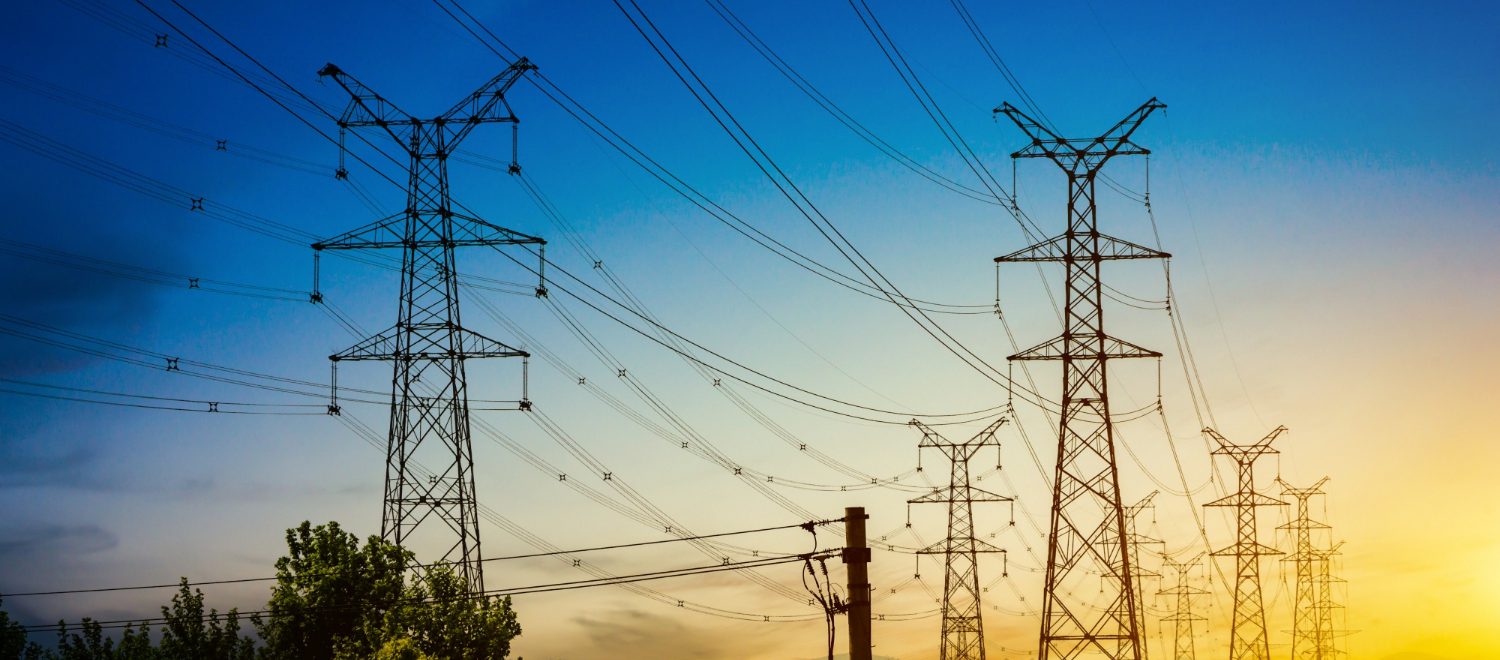
Retail and wholesale is a significant user of energy in cooling, heating, ventilation and refrigeration needed in providing an essential service to its customers. Our sector can be part of the solution and is already active in reducing its use of electricity and gas and switching to alternatives. It has the capacity to help accelerate the energy transition. To address the short-term challenges of high energy prices, and to achieve these longer-term objectives, our sector needs to be recognised nationally and at EU level as energy intensive, to benefit from the support needed, from a supportive regulatory framework, to accelerate investment. We support measures at present being discussed to find both short-term relief from skyrocketing energy prices, and in the longer term to reform the structure of the European energy market and the mechanisms for determining prices to create more stability in a radically changing energy landscape. Our sector’s already very narrow margins are being squeezed by a combination of high energy and logistics costs, pressure from suppliers to raise prices for their products and at the same time, consumers experiencing a massive cost-of-living crisis and unable or unwilling to pay more.
We have asked the European Commission to give priority to the following steps to ease the pressure on retailers and wholesalers:
- Provide transparency under the Temporary Framework for State Aid to help companies to respond to the energy crisis.
- Produce guidance on how to implement the 3% threshold under the Energy Taxation directive to ensure non-discriminatory access for all sectors to state aid support, to meet the short-term challenge of spiralling energy costs, improve energy efficiency of our premises, and to invest in the longer term in access to and generating alternative energy.
- Adopt measures such as tax or VAT reductions urgently to reduce current energy costs.
- Pursue the changes proposed under REPowerEU to streamline and accelerate issuing of permits and allow viable investment to maximise our capacity to generate alternative energy and share this where this exceeds own-use needs.
- Match obligations under REPowerEU and in the Energy Performance of Buildings Directive realistically with the ability of operators to bear the cost of the considerable investments these involve, along with availability of equipment and skilled labour in installing solar panels or e-mobility charging stations. The present targets do not take account of this.
